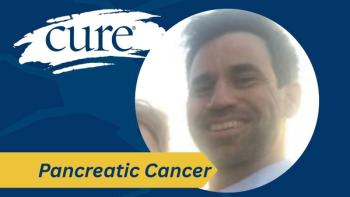
Dan describes how early self-advocacy, second opinions and trial research helped him pursue experimental treatments that led to remission from stage 4 pancreatic cancer.

Dan describes how early self-advocacy, second opinions and trial research helped him pursue experimental treatments that led to remission from stage 4 pancreatic cancer.
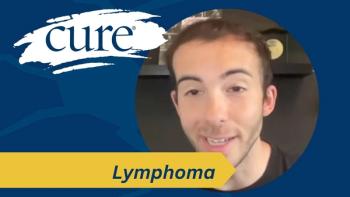
Jace Yawnick, now in remission from non-Hodgkin lymphoma, is navigating the world of mental health one day at a time.
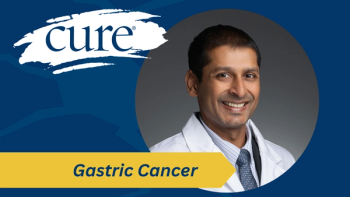
Gastric cancer care highlights eating difficulties, weight loss and side effects showing why nutrition support and clinical trials are key
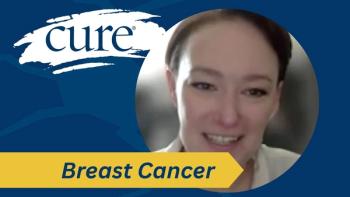
After beginning treatment for stage 3 inflammatory breast cancer, Lindsey Gunter started experiencing chemotherapy side effects so intense she was unable to walk.
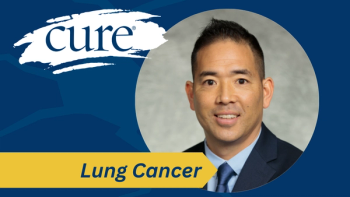
Asian women who do not smoke in Northern California face rising lung cancer rates which are often diagnosed late due to current screening gaps.
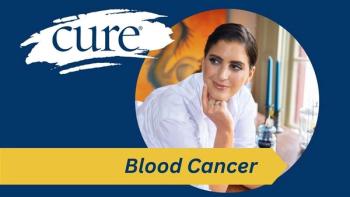
Emmy-winning journalist and author Suleika Jaouad recently delivered the keynote address at the inaugural Blood Cancer Heroes celebration.
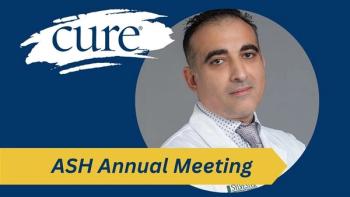
CURE spoke with Dr. Dickran Kazandjian about why MRD matters for patients with multiple myeloma.

Emmy-winning journalist and author, Suleika Jaouad, delivered the keynote address at the inaugural Blood Cancer Heroes event.

In a recent interview with CURE, Dr. Kai Tsao discussed treatment advancements for patients with prostate cancer.
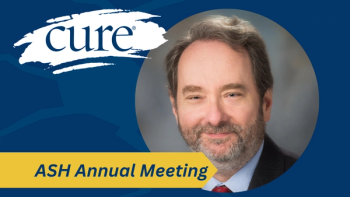
Dr. Robert Orlowski says a single-drug option in newly diagnosed myeloma may offer strong responses with fewer side effects and preserve future treatments.
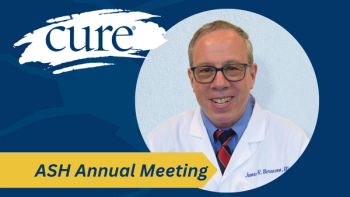
Real-time text check-ins helped physicians identify issues sooner and support quality of life for patients with myeloma at ASH 2025.
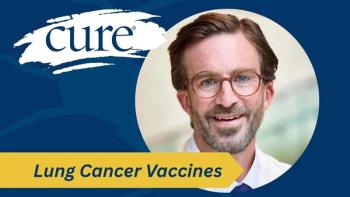
Dr. Thomas Marron explains how therapeutic vaccines differ from preventative vaccines in lung cancer care.
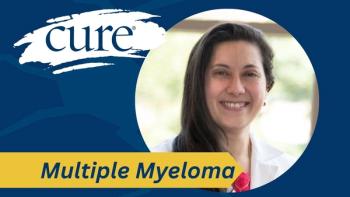
Dr. Amany Keruakous discussed how bispecific antibodies for multiple myeloma work by simultaneously targeting cancer cells and T cells.
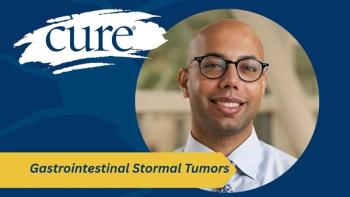
Dr. Ajay Gupta of the Roswell Park Comprehensive Cancer Center discussed basics of gastrointestinal stromal tumors.
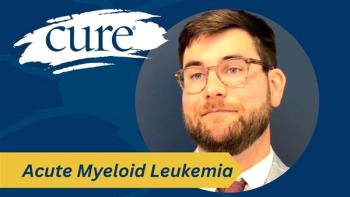
Dr. Daniel Peters discussed targeted therapies and regimens that patients with acute myeloid leukemia, or AML, should be aware of.
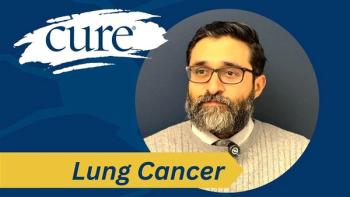
Dr. Girindra Raval sat down for an interview with CURE to discuss what patients with EGFR-mutated lung cancer should know about their treatment options.
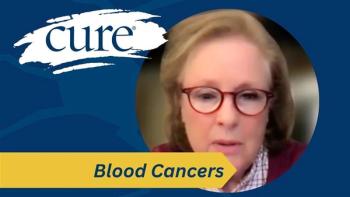
Nona Baker, who was first diagnosed with a blood cancer in 1991, shares her experience with polycythemia vera.
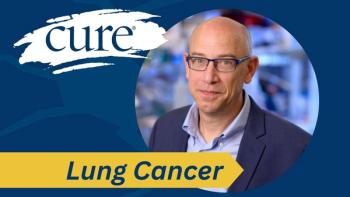
Dr. Charles M. Rudin discussed recent treatment advancements for patients with small cell lung cancer.

Cindy and Katie share how finding a friend who understood the caregiving journey made the experience less isolating and helped them navigate loss and hope.

An expert explained what patients newly diagnosed with gastrointestinal stromal tumors need to know.
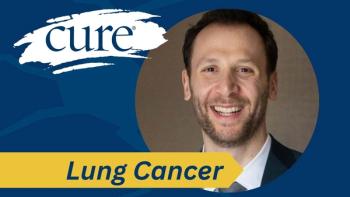
Cell therapies, which have made waves in the treatment of blood cancer, are showing potential for solid tumors.

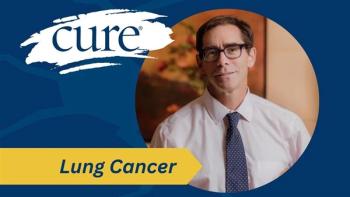
Dr. Daniel J. Boffa discusses advancements in lung cancer care, including the role of minimally invasive surgical techniques and new systemic therapies.
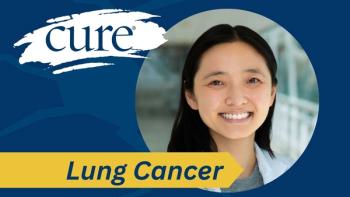
Dr. Lanyi Nora Chen, sat down for a live interview with CURE, in which, she shares her advice for newly diagnosed patients with lung cancer.

CURE spoke with Dr. Marina Kremyanskaya about the treatment landscape for patients with polycythemia vera.

After more than 30 years since she was first diagnosed with a myeloproliferative neoplasm, Nona Baker is hopeful for the future thanks to current clinical trial landscape.
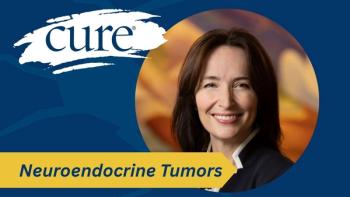
Dr. Pamela L. Kunz sat down for an interview with CURE to discuss resources and ongoing initiatives that may help patients with this disease.
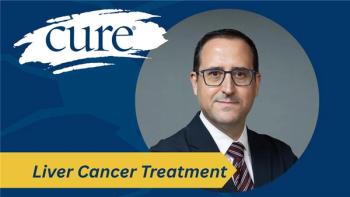
Immune-based therapies are transforming advanced liver cancer care, resulting in curative options previously considered unattainable.

Nona Baker received a diagnosis of essential thrombocythemia in 1991, followed by polycythemia vera in 2004.

Young adults with newly diagnosed cancer may feel overwhelmed, but open communication with doctors and support groups can help them feel less alone.